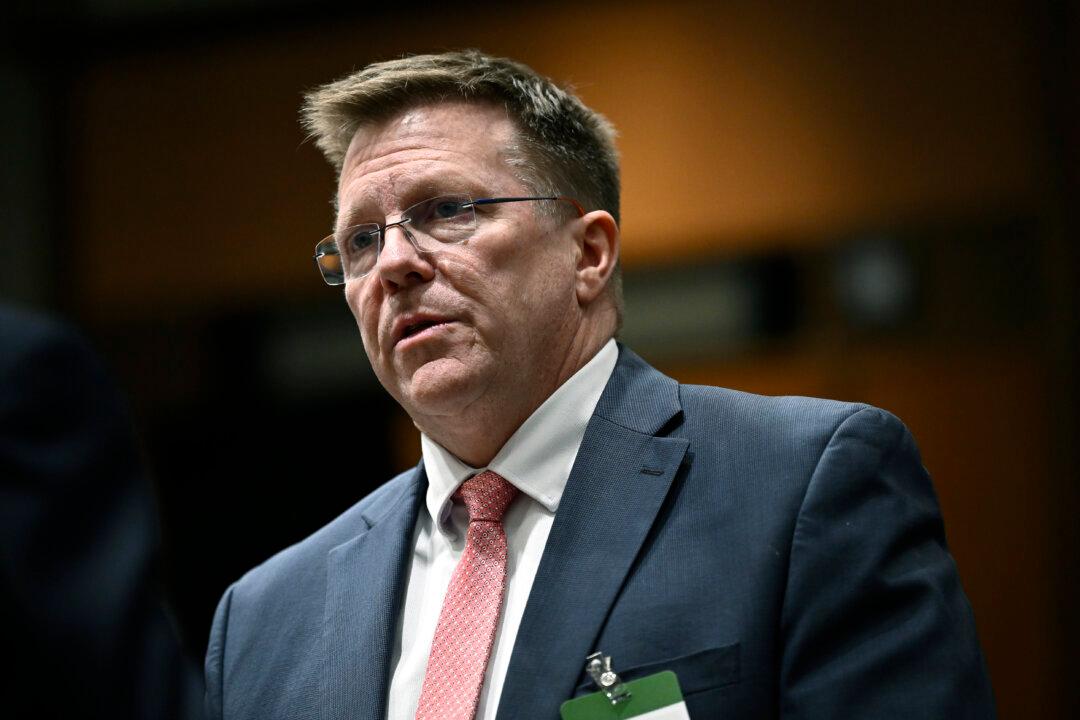A former officer with Canada’s spy agency says that individuals involved in the political process should have to declare they will not cooperate with a foreign power, adding that they should serve jail time if caught doing so.
“Because we’re close to treason here, literally,” said Michel Juneau-Katsuya, former chief of the Asia-Pacific Unit within the Canadian Security Intelligence Service (CSIS).





